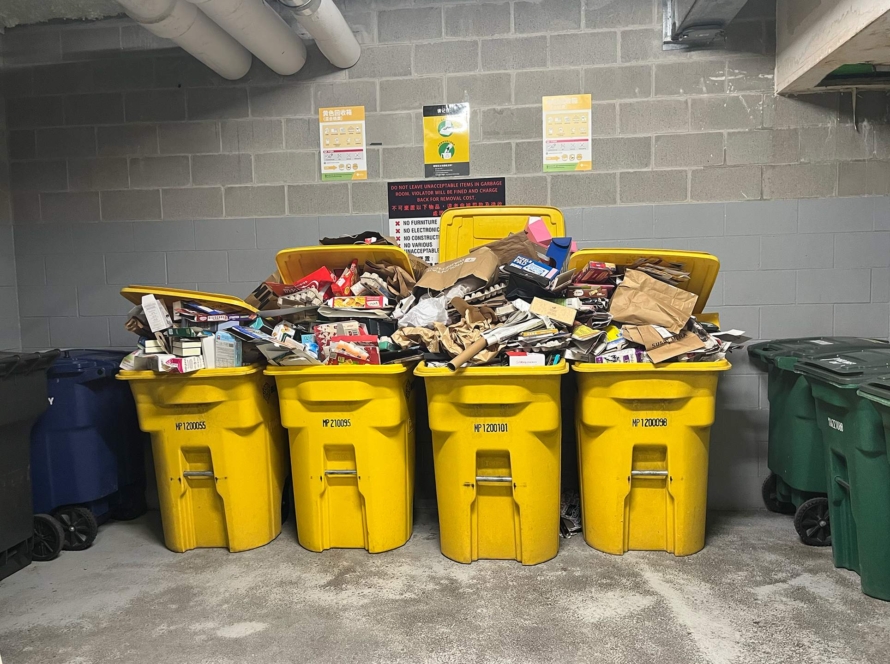In the clandestine world of Private Investigations, where obtaining crucial information requires more than just a keen eye, Private Investigators often find themselves going undercover. This method involves assuming a false identity to infiltrate an individual or organization discreetly, all in the pursuit of valuable information. However, navigating this covert path demands a delicate balance, as missteps can have severe legal consequences.
The Thin Line: Impersonation vs. Undercover Operations
It’s crucial to emphasize the distinction between undercover operations and impersonation, especially when it comes to law enforcement. While assuming a false identity is a standard practice for Private Investigators, impersonating law enforcement is a criminal offense that can jeopardize legal cases. Unraveling the intricacies of Section 402 of the Criminal Code of Canada reveals the legal consequences of obtaining or possessing someone’s identity information with the intent to commit an indictable offense, including fraud.
Legal Ramifications of Impersonation
The penalties for identity fraud in Canada are significant, ranging from a maximum of 10 years of incarceration for indictment to two years less a day in jail and/or a $5,000 fine for summary conviction. The gravity of impersonation extends beyond legal repercussions and can adversely impact cases, particularly those involving lawyers. Any misstep in the realm of impersonation can potentially derail a case, emphasizing the importance of adherence to legal boundaries.
Beyond the Shadows: Unraveling the World of Catfishing and Pretexting
Delving deeper into the world of Private Investigations, catfishing and pretexting emerge as two methods employed for information gathering. Catfishing involves creating a deceptive online persona, often through dating apps or misrepresentation, with serious cases potentially qualifying as intentional infliction of mental suffering. To prove such cases, a plaintiff must demonstrate flagrant or outrageous conduct, intent to cause harm, and visible medical illness resulting from the conduct.
Pretexting: The Art of Deception in Information Gathering
Pretexting, a term coined by Private Investigators, refers to the practice of obtaining personal information under false pretenses. This method, often used in online investigations or through phone calls, raises ethical and legal concerns within the Private Investigation realm. PIs must tread carefully, as engaging in illegal pretexting can lead to severe consequences, including the risk of losing their license.
Ethical Dilemmas and Legal Boundaries
While tactics such as catfishing, email phishing, and online misrepresentation may yield results, they also pose ethical dilemmas and legal challenges. Private Investigators must be well-versed in the rules governing their profession to avoid serious legal consequences. Understanding the delicate dance between deception and legality is crucial for PIs navigating the complex landscape of undercover operations.
In conclusion, the world of Private Investigation is not just about shadows and secrecy; it’s a careful dance between obtaining crucial information and adhering to legal and ethical boundaries. As Private Investigators go undercover, they must remember that every step taken in the shadows can have profound implications in the light of the legal system.
Anna J.
Originally from Sydney, Australia, I'm the Founder of Recover, a Private Investigation & PR agency headquartered in Vancouver.
I earned my Bachelor of Journalism minoring in film and Criminology, and was Candidate for the MFA Creative Writing Program at the University of Victoria.
I began my professional career in publishing at Wiley, and my journalism career reporting on baseball from Brisbane to Boston.
I spent over 10 years reporting, and my last beat was crime, which led my move into to Private Investigation.
As Licensed Private Investigator, I work on complex cases including homicides, large-scale civil suits, and missing persons.
I work with PI firms across BC & the US, and appear in the media for my work.
I run on prayer and coffee.



